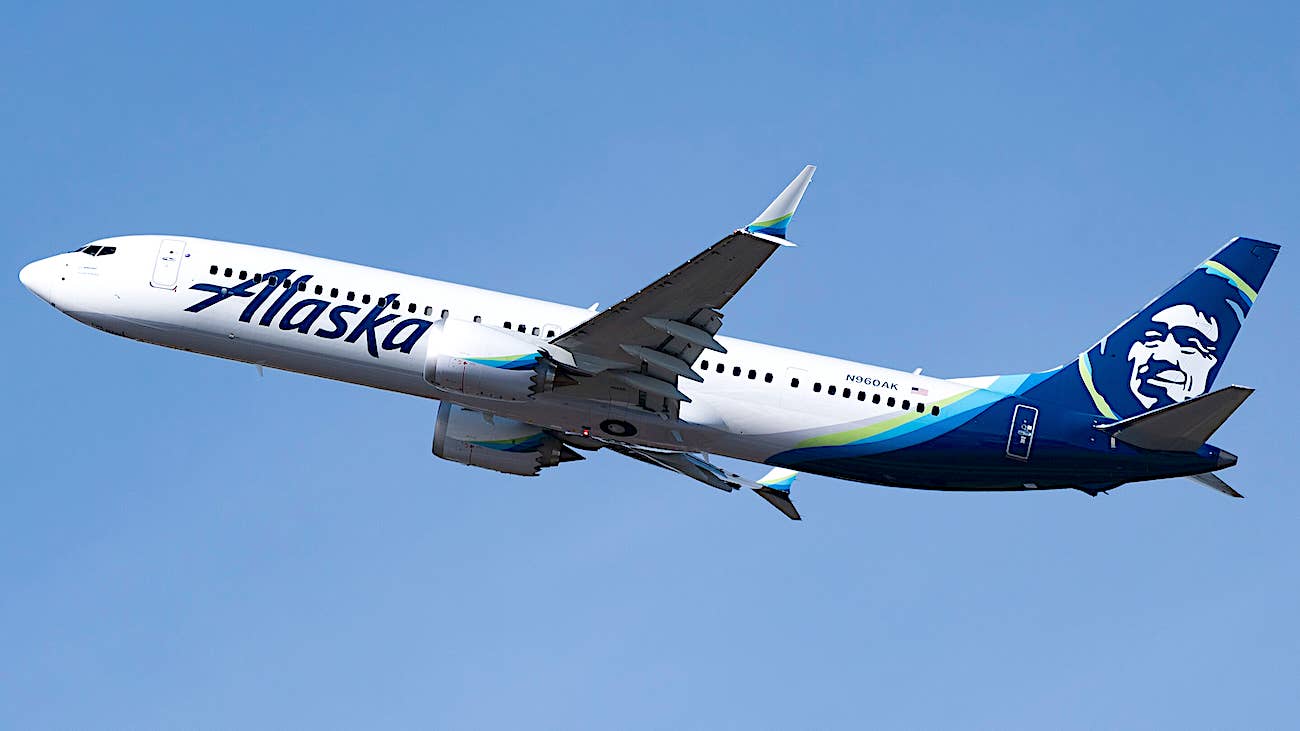Hoping For Five Aces, Boeing Reshuffles Top Management Team
Boeing Commercial Aircraft (BCA) has shaken up its top-level management team, and despite adding a new position Vice President of the 737 Max program Ed Clark is leaving the company…

Boeing Commercial Aircraft (BCA) has shaken up its top-level management team, and despite adding a new position Vice President of the 737 Max program Ed Clark is leaving the company after 18 years of service. According to an email sent to employees yesterday by company CEO Stan Deal, he is replaced by Katie Ringgold, who moves into the Max hotseat after four years as VP of 737 Delivery Operations. Her replacement in that role has yet to be appointed.
Elizabeth Lund was appointed to the newly formed position of Senior VP for BCA Quality. “She will lead our quality control and quality assurance efforts, as well as the quality initiatives we recently announced,” Deal wrote in the email, adding “Elizabeth is uniquely qualified for this position, given her extensive leadership experience and knowledge of our airplane programs, production system, engineering, and supply chain.” Mike Fleming, from the leadership team in Boeing’s customer support division, takes over Lund’s position. He will report directly to Deal and also serve as Executive Chair of the Product Management Operations Council. Former 787 Chief Project Engineer Don Ruhmann will take over Fleming’s previous role—his replacement has yet to be assigned.
Lastly, after 12 years with BCA’s 787 program and serving as VP of BCA Total Quality, Carole Murray takes on the special assignment “to help the company achieve a smooth transition and … focus on accelerating our quality initiatives,” according to the email.
Deal told employees, “I am announcing [these] leadership changes as we continue driving BCA’s enhanced focus on ensuring that every airplane we deliver meets or exceeds all quality and safety requirements. Our customers demand, and deserve, nothing less.”






